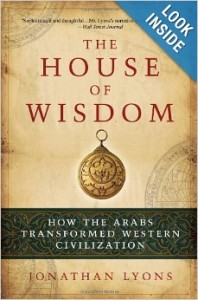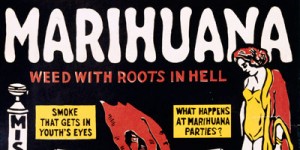
Jonathan Lyons
![]() A Few Inconvenient Details about Western History, October 29, 2013
A Few Inconvenient Details about Western History, October 29, 2013
Herbert L. Calhoun
For centuries after the fall of Rome, Western Europe was unaccountably still locked in the dark ages, a period referred to as “dark” for good reasons. Despite the rich intellectual heritage from both Greece and Rome, it is not well known that little of it had seeped into the medieval feudal and violence-torn Western European veins before the thirteenth century. Even less well known is that what little did seep in came by way of the rich history and cultural institutions of the Arab dominated Near East, a region that drunk the intellectual wines of both Greece and Rome nearly a millennium earlier than the West did.
Although Western Europeans were ever ready to fight each other, most of them could not read, write or tell time. There were only a handful of libraries. Neither streets nor people had unique names or numbers. Violence and instability were the order of the day. Even as the Kingdom and the Catholic Church viciously vied for power, Europe was essentially a region being run by “outlaws,” the equivalent of petty warlords that we see today in places like Afghanistan.


